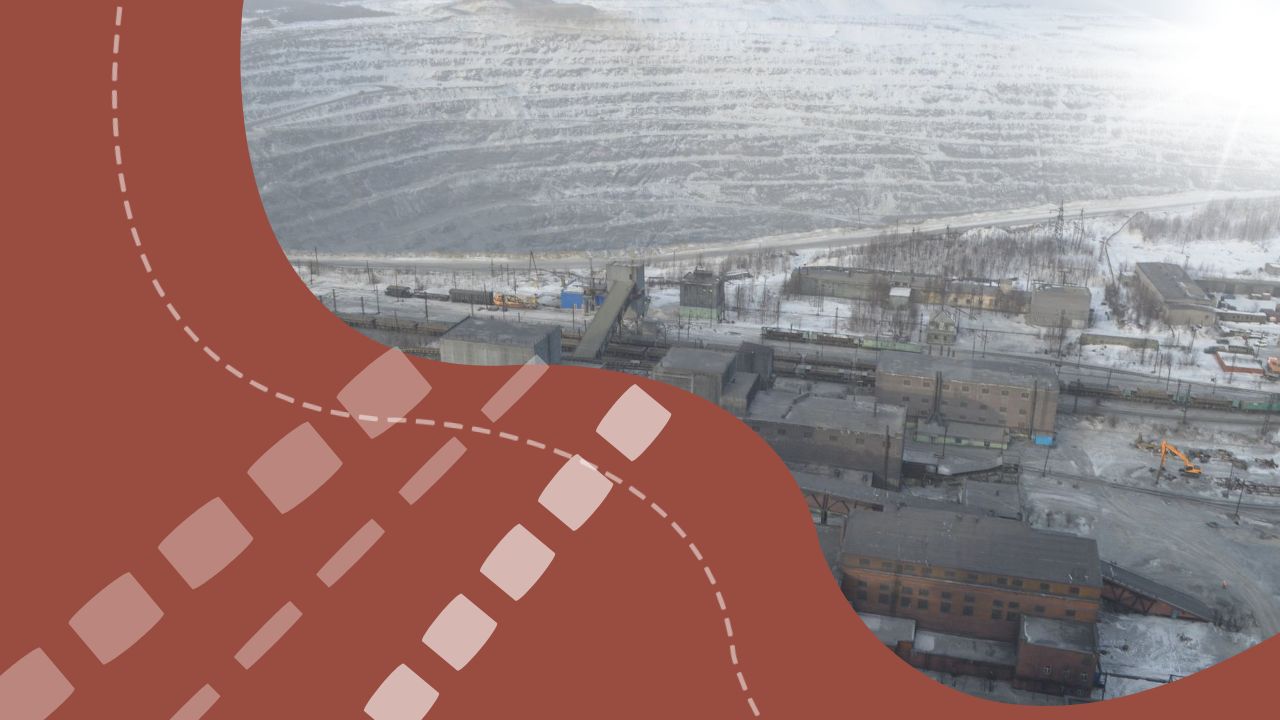Mercedes-Benz Group AG and Stellantis NV are in discussions with the Serbian government to invest in lithium-processing and EV battery production, potentially supporting what could become Europe’s largest lithium mine. These carmakers, already partners in a battery joint venture, are considering following Rio Tinto Group‘s investment in the proposed $2.4 billion mine in Serbia by developing processing and EV battery output, according to sources familiar with the situation.
These discussions mark a significant step in reviving Rio’s Jadar mine, which was blocked two years ago following mass protests that brought Serbian cities to a standstill. Spokespeople for Mercedes and Stellantis declined to comment. The Serbian government has insisted on creating a broader lithium industry rather than merely exporting the raw material, aiming to capture more value from its natural resources.
Approval of the mine would be a substantial boost for Rio Tinto, Serbia’s economy, and Europe’s efforts to secure essential raw materials for the energy transition. The European Union relies heavily on imports for battery production and has been striving to develop its own EV supply chain to reduce dependency on Asian imports. However, delays in the EV transition have resulted in several battery projects being postponed.
Mercedes and Stellantis, for instance, have paused two of their three planned European battery plants due to lower-than-expected vehicle demand. Despite efforts to cultivate European battery champions, the industry remains dependent on a raw materials supply chain dominated by China.
On Friday, Serbia will sign a framework agreement with the EU on mineral raw materials, President Aleksandar Vucicannounced. This agreement aims to establish a processing industry and battery manufacturing sector, ensuring materials and EVs produced in Serbia qualify for sale in the EU without incurring levies.
Executives from the car companies are expected in Serbia on Friday during German Chancellor Olaf Scholz‘s visit, possibly to sign letters of intent to develop Serbia’s industry. Executives from Rio Tinto are also anticipated to attend. Rio’s project seemed doomed in early 2022 when the government moved to block it. The company announced the project in 2021 without securing all necessary licenses, leading to widespread protests.
Despite setbacks, Rio Tinto continued engaging with local communities to address environmental concerns and sought support from Europe’s top carmakers. Vucic, a dominant political figure in Serbia, has repeatedly expressed regret over halting the project, viewing it as a missed economic opportunity. Recently, he indicated that authorities might allow Rio Tinto to resume preparations to open the mine by 2028. This effort gained momentum last week when Serbia’s constitutional court overturned the 2022 government decree blocking the project.
The resumption of the project would be a significant victory for Rio CEO Jakob Stausholm, who had sanctioned the mine early in his tenure.


